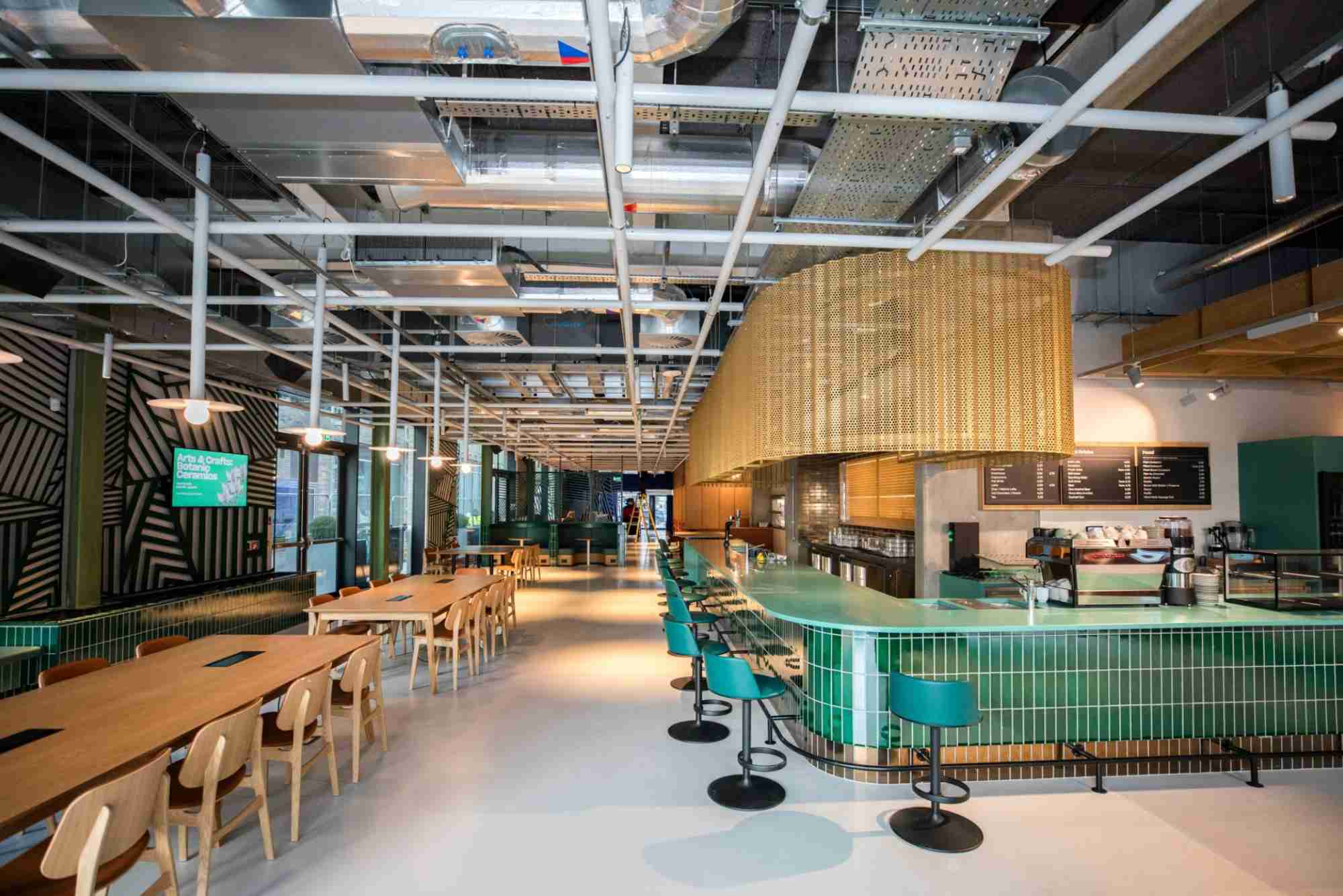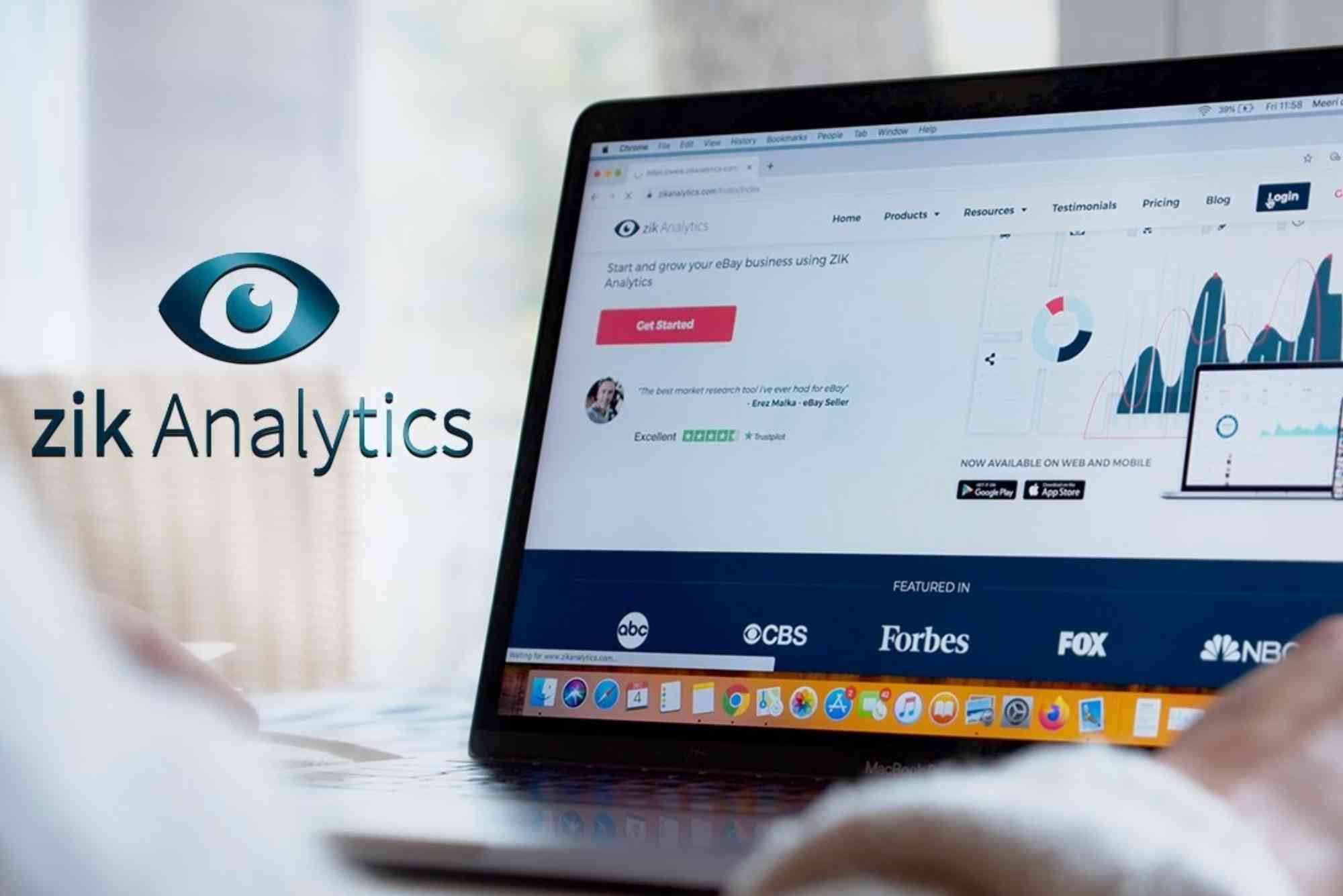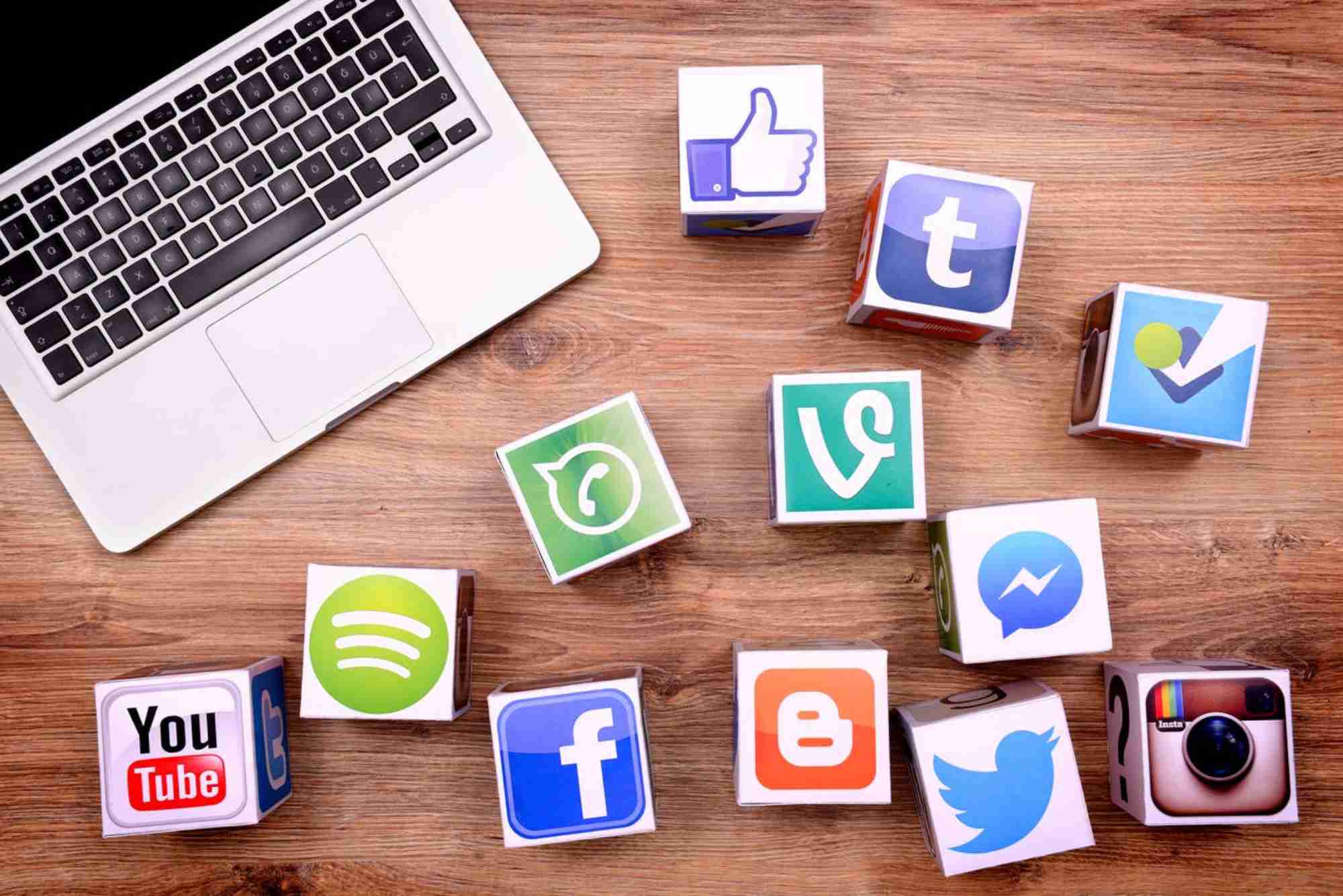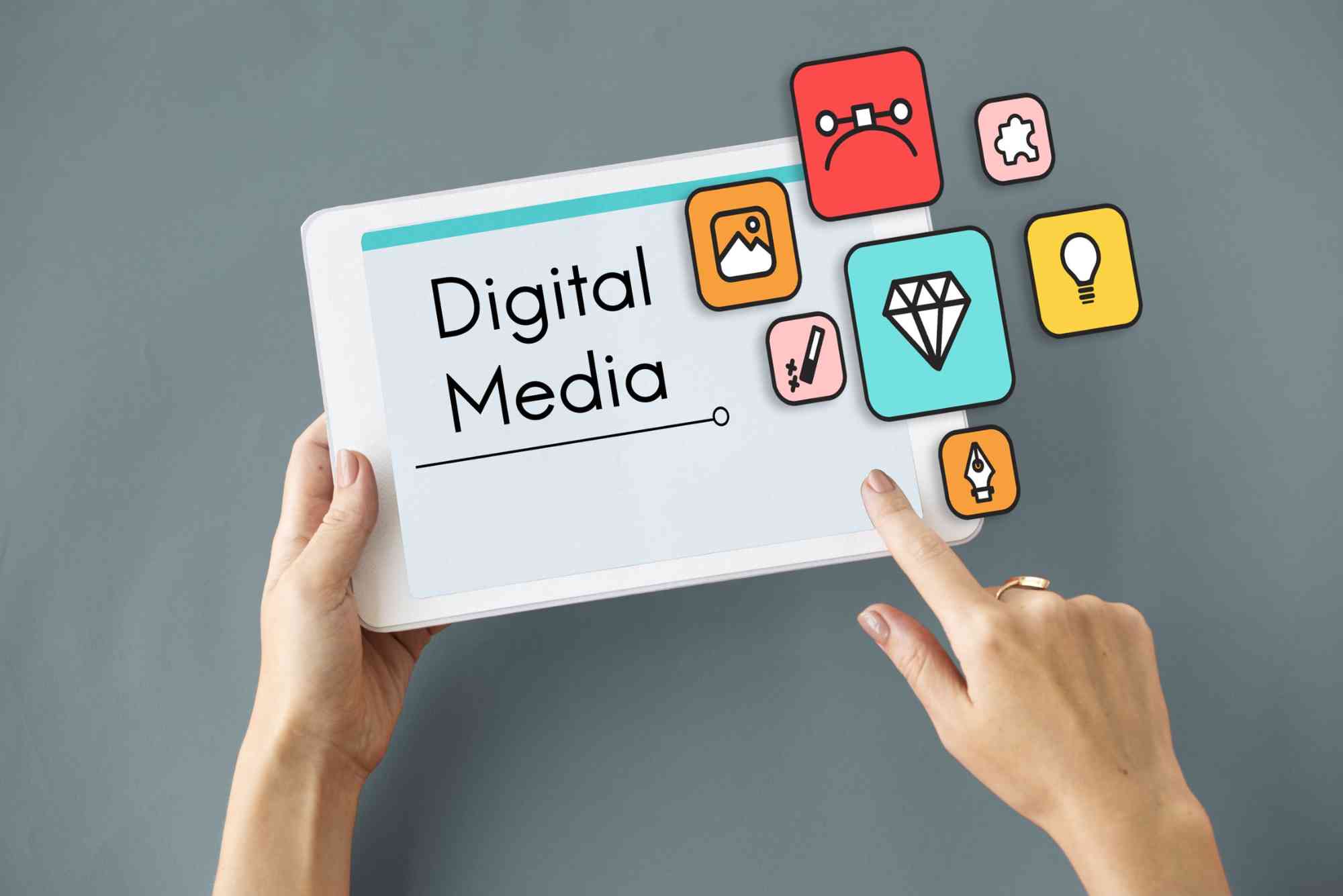Introduction
Social learning theory has always been a cornerstone of understanding how people acquire knowledge, behaviors, and skills through observation and interaction. In 2025, this concept has evolved beyond traditional education into digital platforms, workplace learning, and even social media. The blend of technology and psychology is shaping a new era of learning — one that values community, collaboration, and real-time engagement.
In this article, we’ll explore the latest social learning theory trends you shouldn’t miss, their implications, and how they’re reshaping education and professional development worldwide.
What Is Social Learning Theory?
Social learning theory, introduced by psychologist Albert Bandura, suggests that people learn primarily by observing others. It emphasizes imitation, modeling, and the influence of social context on behavior. Rather than learning through direct experience alone, individuals adopt new ideas by watching peers, mentors, and digital communities.
In the digital age, this theory has become even more relevant. From online courses to workplace collaboration tools, learning through observation and participation is embedded in every level of modern development.
Why Social Learning Theory Matters in 2025
The pace of digital transformation and the rise of remote work have amplified the importance of social learning. With dispersed teams and global access to knowledge, organizations now depend on social learning to build culture, improve skills, and maintain engagement.
Modern learners crave connection. They want to share, discuss, and grow together. This shift makes social learning theory a powerful tool for educators, managers, and content creators alike.
Integration of AI and Social Learning Platforms
Artificial intelligence is revolutionizing how we apply social learning theory. AI-driven learning platforms analyze user interactions to recommend relevant content, groups, or mentors. This personalization enhances the collaborative experience, allowing learners to observe, practice, and receive feedback faster than ever before.
For instance, AI chatbots now act as social facilitators, prompting discussions and connecting learners with peers who share similar goals. Such integrations foster an active community of learners who engage, learn, and grow together seamlessly.
Rise of Microlearning Communities
Microlearning — delivering knowledge in small, focused bursts — has gained immense traction. Combined with social learning theory, it encourages continuous, peer-supported growth.
Online communities built around niche topics or skill areas are thriving. Professionals now learn by sharing quick videos, tutorials, or feedback in real time. Platforms like LinkedIn Learning and Slack groups create an ecosystem where every interaction can become a learning opportunity.
Microlearning communities align with Bandura’s model of learning through observation and reinforcement. Watching peers succeed in short, focused tasks motivates others to emulate their strategies.
Social Media as a Learning Environment
Social media is no longer just a networking tool — it’s a vibrant learning ecosystem. Users exchange insights, collaborate on projects, and even conduct peer-to-peer mentorship through platforms like Instagram, YouTube, and TikTok.
This trend represents the democratization of education. Anyone can be both a learner and a teacher. By observing experts’ content or participating in group discussions, individuals naturally engage in the processes described by social learning theory.
Educational influencers and thought leaders play a critical role in shaping these communities. Their authentic, relatable content encourages observational learning and helps bridge the gap between theory and practice.
Gamification and Interactive Learning
Gamification has transformed how organizations implement social learning. By incorporating badges, leaderboards, and interactive challenges, companies motivate learners to participate more actively.
When combined with social elements, gamified systems create healthy competition and collaboration. Employees or students observe others’ progress, learn strategies, and strive to achieve similar outcomes — a perfect reflection of Bandura’s principles.
Gamification supports social learning theory by reinforcing desired behaviors through recognition and reward, making learning not just effective but enjoyable.
The Role of Virtual Reality and the Metaverse
Virtual reality (VR) and the metaverse have opened new frontiers for immersive social learning. Learners can now observe and interact within realistic simulations, collaborate in 3D spaces, and practice real-world scenarios safely.
For example, medical students use VR to watch surgeries performed by professionals, while corporate trainees simulate teamwork exercises in virtual offices. The immersive nature of these environments enhances modeling and observation — two key elements of social learning theory.
In 2025, VR-based learning platforms are becoming integral to both education and professional training, providing realistic, engaging experiences that mirror real-world interactions.
Employee-Led Learning and Knowledge Sharing
Organizations are increasingly empowering employees to lead training sessions, share insights, and create learning content. This peer-driven model aligns perfectly with social learning theory’s emphasis on observation and imitation.
When employees teach others, they reinforce their understanding while fostering collaboration. Peer recognition also encourages consistent participation, turning workplaces into active learning ecosystems.
Many companies now use social intranets and collaborative tools to make this knowledge easily accessible. Platforms like Microsoft Teams and Workplace by Meta support these employee-led initiatives.
Blended Learning Models with a Social Twist
Blended learning — combining online and offline education — is evolving to include stronger social components. Teachers and trainers encourage discussion forums, peer reviews, and group projects that mirror real-world collaboration.
This hybrid approach ensures that learners benefit from both structured instruction and social interaction. It reflects the reality that learning is not a solitary process but a collective experience.
Educators who integrate social learning theory into blended models often see increased engagement and retention rates, as learners are more motivated by community-driven progress.
Learning Analytics and Behavioral Insights
Analytics now play a key role in measuring the impact of social learning initiatives. Platforms track how learners engage, interact, and contribute. These insights help educators and managers tailor strategies that encourage more participation and collaboration.
By understanding which interactions lead to positive outcomes, institutions can optimize their programs. This data-driven approach complements social learning theory by identifying patterns that drive observational learning success.
Influencer-Led Education and Peer Mentorship
Influencers and thought leaders are emerging as informal educators. Their relatable teaching styles, combined with community engagement, create a powerful social learning ecosystem.
Peer mentorship programs also draw from this model. They allow individuals to learn directly from colleagues or professionals in their network, reinforcing the idea that observation and collaboration enhance skill mastery.
Organizations and schools adopting these programs see improved confidence, communication, and performance among participants.
Ethical and Inclusive Social Learning
In 2025, inclusivity and ethics have become central to social learning environments. Diverse representation and equitable access ensure that all learners feel seen and valued.
Ethical considerations, such as data privacy and content authenticity, are shaping the future of social learning. Communities that foster respect, empathy, and open dialogue tend to achieve better engagement and long-term trust.
This inclusive mindset echoes the original humanistic goals of social learning theory — understanding others, respecting differences, and learning through shared experience.
How Educators and Businesses Can Apply These Trends
Educators can create community-driven platforms that encourage interaction, feedback, and peer collaboration. Businesses can leverage tools like Yammer or Slack to establish learning circles and mentorship channels.
For expert guidance on optimizing your learning or digital strategy, check out SEO Expert Help. You can also stay updated on data-driven insights and educational trends by exploring the SEMrush Blog.
Both resources offer valuable strategies for building visibility, engagement, and effective online learning systems that align with the latest social learning trends.
FAQs
What is an example of social learning theory in daily life?
Watching a colleague handle a customer complaint and then applying the same approach yourself is a simple, real-world example of social learning theory in action.
How is social learning theory used in education?
Teachers use it by encouraging group discussions, peer teaching, and collaborative projects where students learn from one another’s experiences.
What is the main concept behind social learning theory?
The main concept is that people learn behaviors, skills, and attitudes by observing and imitating others within a social context.
How is social learning theory applied in workplaces?
Organizations use it through mentorship programs, collaborative tools, and peer recognition systems that encourage shared learning and growth.
What are the benefits of social learning theory?
It boosts engagement, improves knowledge retention, enhances teamwork, and helps develop practical skills through observation and collaboration.
As technology evolves, social learning theory continues to prove its relevance and adaptability. From AI and VR to peer mentorship and microlearning, these trends reflect a global movement toward more connected, human-centered learning.
In 2025 and beyond, successful learning will depend not just on what we know, but on how we share and learn together. Whether you’re an educator, manager, or lifelong learner, embracing these trends can transform the way you grow.
For more expert insights on implementing effective learning strategies, explore SEO Expert Help and the SEMrush Blog. Start integrating social learning theory today — and watch your knowledge community thrive.







